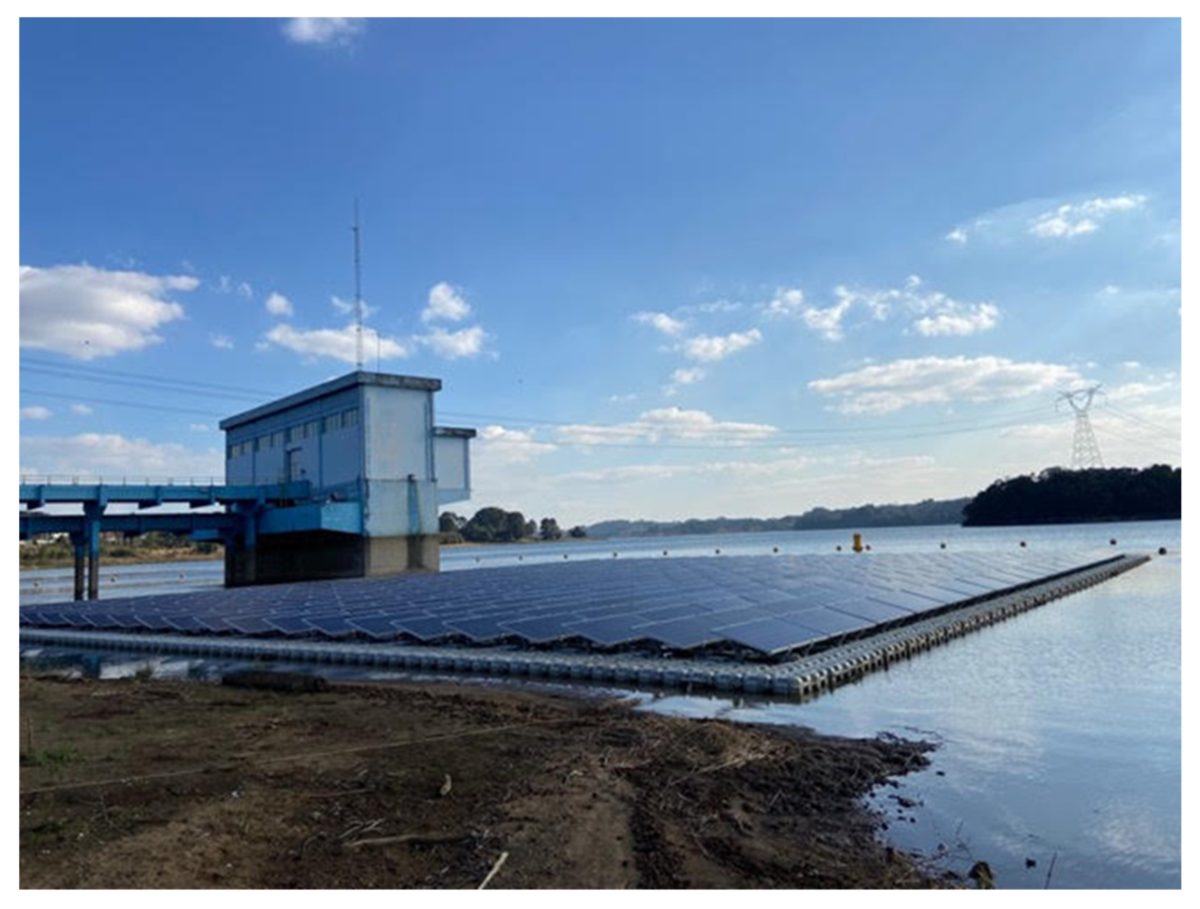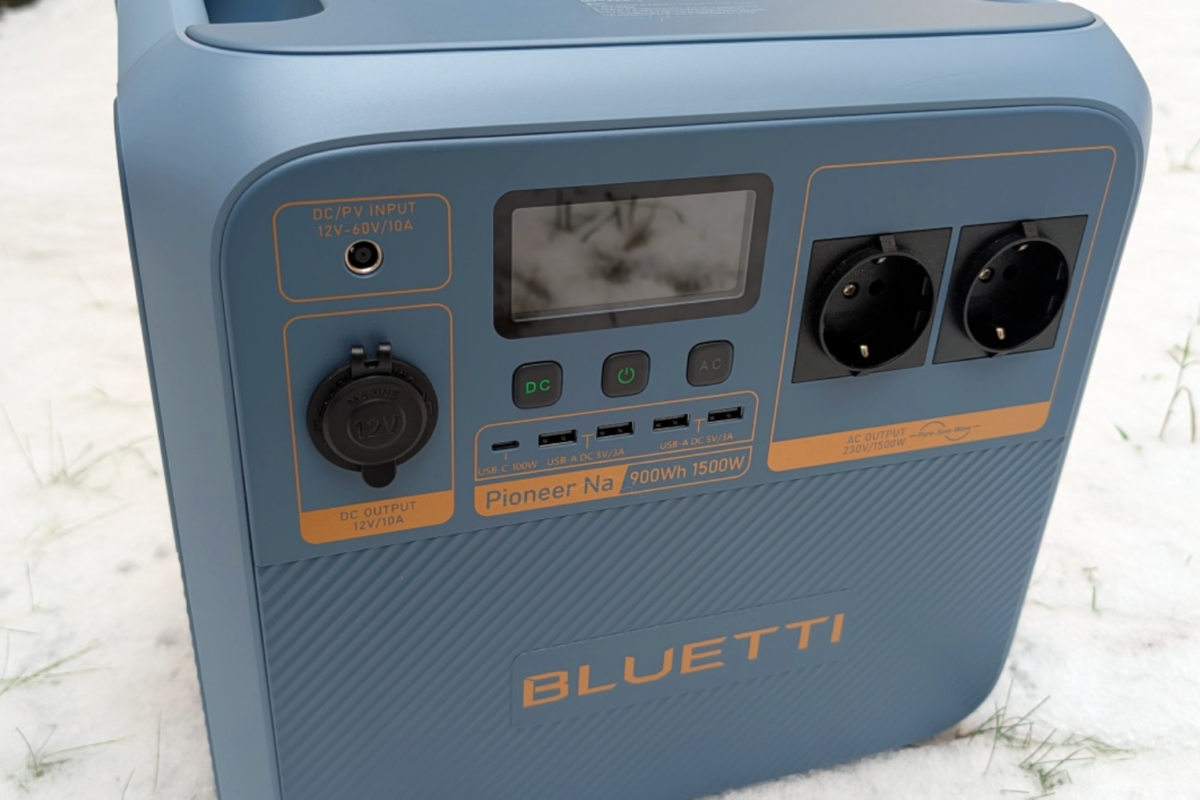From pv magazine Brasil
Scientists from State University of Ponta Grossa in Brazil and the University of Louisiana in the United States have jointly investigated the impact of floating solar on the water evaporation rate in reservoirs.
They used a 130 kW solar system on the Passaúna reservoir in the Brazilian state of Paraná as a case study. The reservoir spans 8.5 square kilometers and has an average depth of 6.5 meters. Its total volume is 69.3 cubic hectometers (hm3).
The system occupies 1,265.14 square meters of area and has 395 PV modules. The polycrystalline modules have a maximum power rating of 330 W and measure 1,960 mm x 991 mm x 40 mm.
The reservoir borders the cities of Curitiba, Araucária, and Campo Largo, and supplies 20% of the water consumed by the population of the metropolitan region of Curitiba, Paraná. The researchers used the Penmam-Monteith method recommended by the United Nations Food and Agriculture Organization to measure the rate of water evaporation.
They found that 4.47 million cubic meters (m3) of water evaporated from the reservoir in the space of a year, equivalent to 10.4% of the water volume consumed annually by the local population. The team calculated that the floating solar system reduced water evaporation with an efficiency of 60.20%.
They also studied the impact of different PV system sizes on the water evaporation rate.
“The larger the area of the floating solar system on the water surface, the greater the reduction in water evaporation and, consequently, the greater the volume of water saved,” the researchers said.
The results indicate that a 5 MW system could save about 16,000 m3 of water per year, which is equivalent to the water consumed by 196 people in the region per year. The electricity produced by the system could also cover the consumption of 2,563 inhabitants in the state of Paraná, assuming a per capita consumption of 1.95 kWh.
The researchers shared their results in “Effects of a Floating Photovoltaic System on the Water Evaporation Rate in the Passaúna Reservoir, Brazil,” which was recently published in Energies.
This content is protected by copyright and may not be reused. If you want to cooperate with us and would like to reuse some of our content, please contact: editors@pv-magazine.com.



Floating solar panels is such a cool and innovative idea! There are so many benefits to floating solar panels, including using unutilized space, reducing evaporation, and providing cost reductions for the municipality and its taxpayers. It will be great to see more floating solar panel installation projects as the technology improves and the benefits become clearer and clearer.
How many megawatts could be harnessed on Lake Mead and slow its evaporation at the same time ?
A positive innovation floating solar is, considering its advantages! But, won’t its expansion affect water and hydrologic cycles?